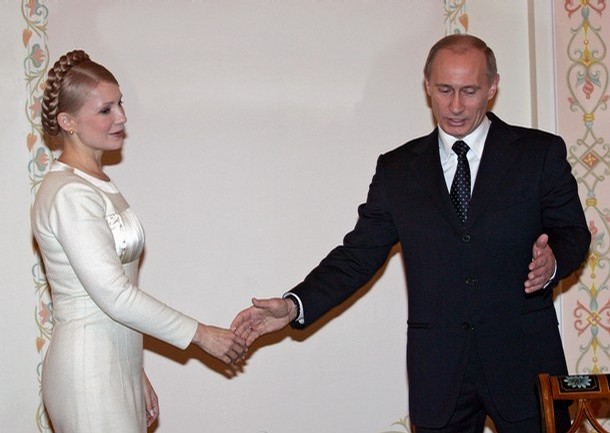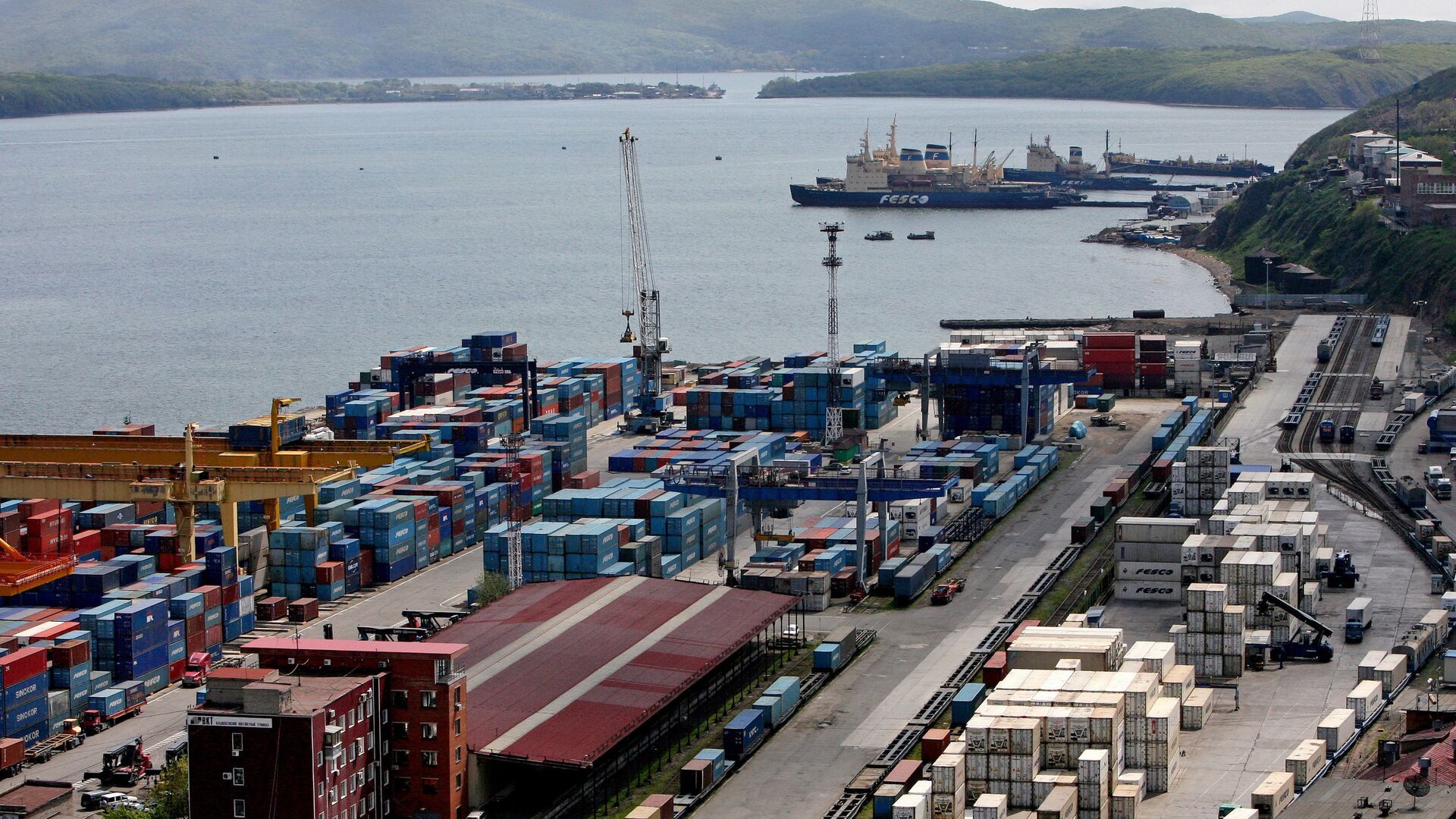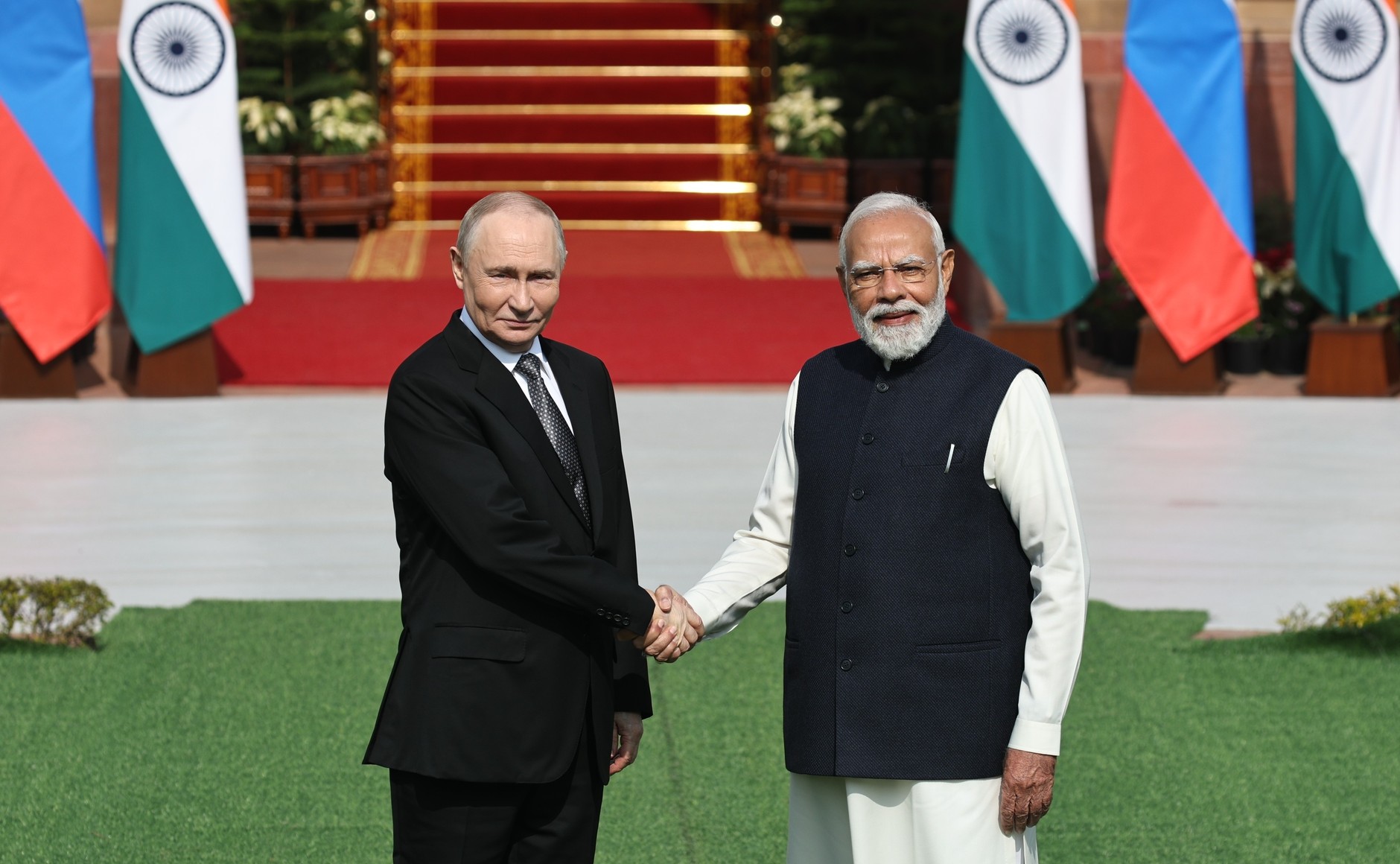
Ukraine Warns of Looming Gas Payment Default to Gazprom
Ukraine Warns of Looming Gas Payment Default to Gazprom
Will the European Union face a new cutoff of gas supplies from Russia in March? This possibility became more ominous when Ukraine’s states-owned gas monopoly, Naftohaz Ukrainy, warned that it might not be able to pay its February gas bills on February 19.
Barely a month after Russia’s Gazprom and the Ukrainian state-owned gas company, Naftohaz Ukrainy, signed a long-term gas supply contract ending a three-week "Gas War," Naftohaz predicted that a new gas war might begin in March.
Naftohaz officials told the UNIAN press agency on February 19 that due to widespread nonpayment for gas by Ukrainian regional communal heating companies, the so-called "Teploenergo" enterprises, the company might not be able to pay Gazprom for gas purchases in February 2009 under the new 10-year "take or pay" contract. The Teploenergo companies, according to UNIAN, have only paid for 39 percent of the gas they consumed in 2008 and 2009 and owe Naftohaz $652 million at the current exchange rate of 7.5 hryven’ to the dollar (www.unian.net/ukr/news/news-<wbr></wbr>301660.html). Kyivenergo, the company that provides heating to customers in Kyiv, has not paid its gas bills to Naftohaz since November 1, 2008.
Under the terms of the gas contract agreed upon between Ukrainian Prime Minister Yulia Tymoshenko and her Russian counterpart Vladimir Putin on January 21, 2009, Naftohaz is obligated to make monthly payments for the gas contracted for the quarter, regardless of whether it takes the full amount. Monthly delivery quotas can be changed but the overall quarterly figure cannot, according to article 5.1 of the contract (www.pravda.com.ua/news_print/<wbr></wbr>2009/1/22/88288.htm).
Despite the fact that Ukraine has almost 17 billion cubic meters (bcm) of gas stored in its underground facilities, gas that it could theoretically sell to domestic consumers at a considerable discount as well as to European consumers, there are few buyers on the market. In January industrial production in Ukraine, which is highly dependent on gas, dropped by 30 percent (www.cnbc.com/id/29232501).
The most important clause of the contract, article 5.3, stipulates that if monthly payments are not made, the seller (Gazprom) has the right to stop deliveries of gas to the buyer (www.pravda.com.ua/news_print/<wbr></wbr>2009/1/22/88288.htm).
Ukraine contracted to purchase five bcm of gas in the first quarter of 2009 and will need to pay for February deliveries by early March. The January purchases from Gazprom were paid for, but if Naftohaz is unable to pay for the February delivery, the situation could become volatile and once again destabilize or even block gas deliveries to the European Union.
As Ukrainian household gas consumers become strapped for cash and unemployment continues to spiral in Ukraine, the nonpayment balance sheet for gas is bound to increase daily. The government of Yulia Tymoshenko could find itself in a difficult political situation if the Teploenergo companies begin denying gas supplies to consumers; and President Viktor Yushchenko, who has already ordered the prosecutor’s office to look into the legalities of the gas contract signed in January, is persistent in his attempt to blame Tymoshenko for the country’s possible economic collapse.
If Naftohaz does indeed default on its February bill to Gazprom and if Gazprom decides to stop all gas deliveries to Ukraine, as it is entitled to do under the contract, the pressure in the main Ukrainian trunk pipeline would certainly fall and imperil gas deliveries to Europe.
Gazprom, on the other hand, would be faced with an even greater dilemma: what to do with all the excess gas it is forced to pump in order to fulfill contracts in the EU. It might be necessary to cap numerous gas fields in Russia—a very difficult, time consuming, and expensive task—or to flare it off, throwing away hundreds of millions of dollars.
It is likely that Gazprom could demand that Ukraine pay the debt by allowing Gazprom to purchase a share of the Ukrainian gas transportation system, a goal that Russia has pursued for years. This, however, is not allowed by Ukrainian law and might provoke a parliamentary battle with Tymoshenko, who apparently is not interested in selling even a minor stake in the pipeline to Russia but instead is looking to Japan and possibly Korea to invest in the renovation of the pipeline. According to www.ukranews.com/eng/article/<wbr></wbr>180498.html, "Ukraine expressed its interest in attracting Japanese investments in the Ukrainian energy, transport, and agricultural industries." Other unverified reports claim that Tymoshenko is negotiating with the Korean group, Amcor Green, to renovate its gas pipeline.
If Russian gas supplies to Europe were to be blocked once again, the consequences could be more than dramatic. Ukraine would continue to lose credibility as a transit country, and Gazprom’s undeserved reputation as a "reliable supplier" might finally collapse. Much of the blame would rightfully be assigned to Ukraine for its inability to collect overdue gas bills from customers who have been pampered for over a decade by low gas prices by numerous Ukrainian governments, which have , in league with the Kremlin, manipulated gas prices for political reasons.


